Best Practices in Empowering Grassroots Women
At the heart of our mission lies the commitment to empowering women and strengthening their role in local governance.
1. Mahila Sabha: Elevating Women's Voices
The Panchayat Raj Act requires the organization of a Mahila Gram Sabha prior to each regular Gram Sabha meeting, aiming to prioritize and address women’s issues. This assembly serves as a platform to promote women’s active involvement in the planning and decision-making processes at the grassroots level.
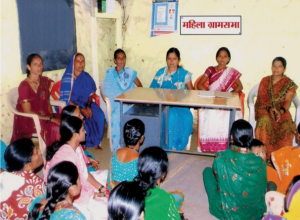
2. BOSS Course: Door Step Education for Women Empowerment
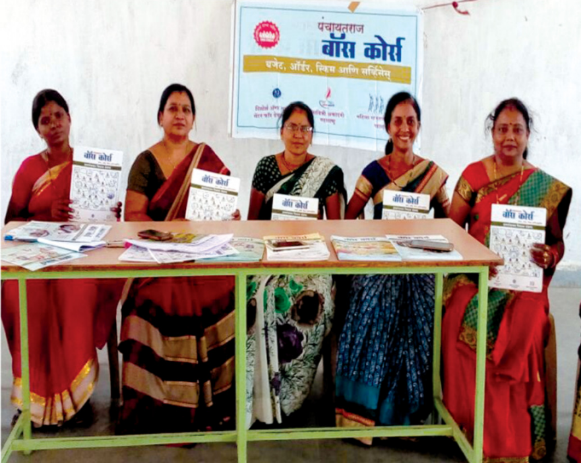
The BOSS Course provides elected women leaders with convenient learning opportunities right at their doorsteps. Covering crucial topics such as the Panchayat Raj System, Gram Panchayat budget, Government orders, village institutions and services, and village development schemes, this long-distance education program aims to train and guide elected women representatives in fulfilling their Panchayat duties effectively while managing their household responsibilities effortlessly.
The BOSS course plays a pivotal role in strengthening the capabilities of elected women representatives, bolstering their skillsets, and motivating them to engage actively in village development endeavours and decision-making processes.
3. Joint House Ownership: Advocating Equal Ownership of Women's Rights
The Indian constitution guarantees equal rights to all its citizens, ensuring they live with dignity and in a secure environment. Among these rights is the right to safe and secure shelter. However, property rights for women in India are governed by a complex set of personal laws, with separate provisions for various religious and cultural groups.
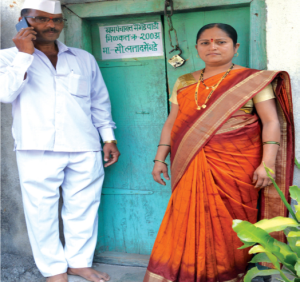
4. Gram panchayat Darshan: Learning Through Panchayat Exposure
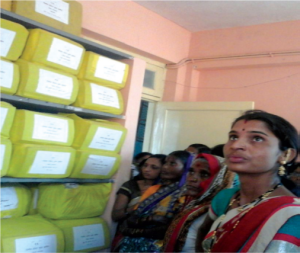
Traditionally, decision-making in villages was dominated by elders, leaving women and marginalized groups with little say. Our Gram Panchayat Darshan program offers elected women representatives hands-on exposure to local government institutions, helping them navigate and influence grassroots governance more effectively.
5. Yuvati Sunvai: Creating Safe Spaces for Girls
Gender relations are shaped by a complex interplay of practices, ideologies, and intersecting social hierarchies such as class, caste, religion, ethnicity, and race.
Unfortunately, girls often lack spaces to openly discuss issues like bodily changes, romantic experiences, harassment, and other concerns.
Without addressing these issues, girls may experience anxiety, fear, and loneliness, hindering their growth and development. “Yuvati Sunvai” serves as an open platform for adolescent girls to address various challenges including education, health, family violence, social hierarchies, gender inequality, and societal pressures related to partner selection. Through this initiative, girls are empowered and made aware of their rights.
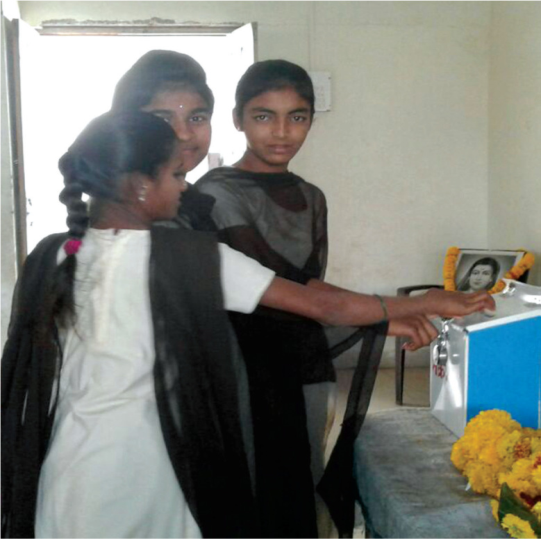
6. Flag Hosting: Recognizing Women's Leadership
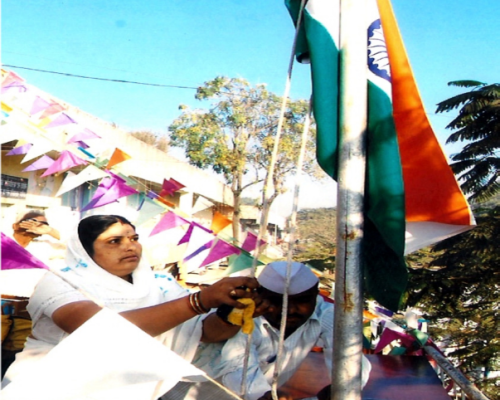
In January 2003, the Maharashtra government made a ground-breaking decision by passing a resolution mandating that only the village Sarpanch, regardless of gender, shall hoist the national flag on Republic Day and Independence Day.
This means that if a woman holds the position of Sarpanch, she is entrusted with the responsibility of hoisting the flag. In the event of her absence, the duty falls to the next-ranking woman in the hierarchy.
As the head of the gram Sabha, it is the Sarpanch’s prerogative to hoist the national flag on August 15th and January 26th.
7. Krantijyoti Training: Innovative Governance Education
The Krantijyoti training is a unique and thorough program developed by former EWRs in collaboration with field experts, focusing on practical governance of Village Panchayats, social issues, and personality development.
This training approach utilizes creative mediums such as songs, slogans, games, role-plays, and demonstrations instead of relying on dense literature.
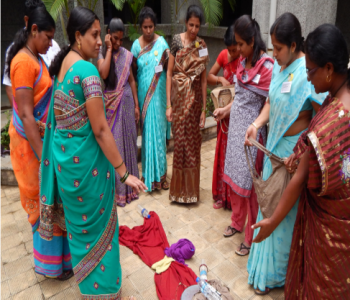
8. Raj Sattetlya Karbharni: Documenting Women’s Political Journeys
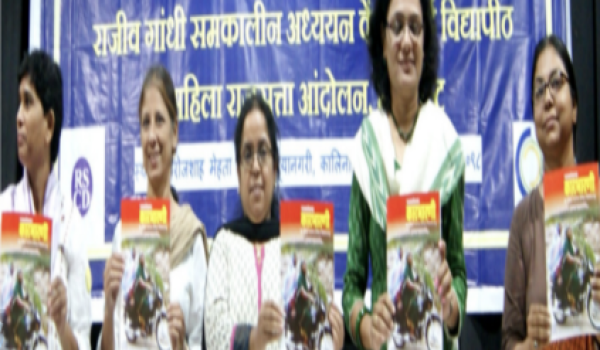
A study across the country was done by the Ministry of Panchayati Raj in 2007-08. It looked at women who were elected representatives (EWRs). Before, people thought these women were just standing in for their male relatives. But the study found that when given the chance, women can do just as well as men in politics. EWRs have used their positions not only to talk about women’s issues but also to help with things like healthcare, clean water, and childcare, which are important for everyone, especially women. “Rajsattetlya Karbharni” is a project to encourage EWRs to write about their experiences. This can help new EWRs learn from the past.
9.Vanikarbharnichi: Connecting Through Technology
Vanikarbharnichi, a mobile voice message, represents a creative and efficient application of basic mobile technology.
It aims to connect with EWRs directly at their homes to educate them on governance matters related to Village Panchayats and offer them timely updates on different government schemes and policies.
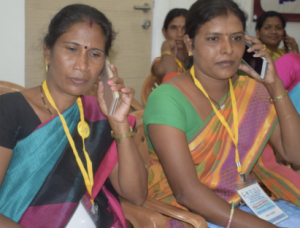
10. Savitri Gatha Parayan: Celebrating Women’s Cultural Heritage
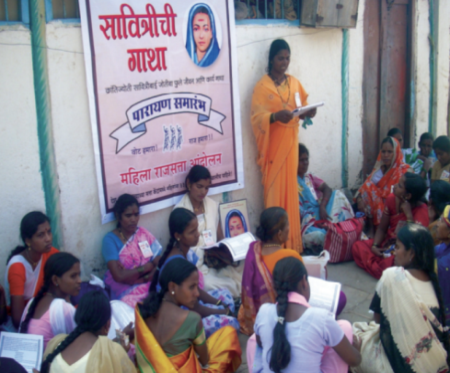
The Savitri Gatha Parayan serves as a platform for women’s cultural expression. It’s a non-religious ritual that honors womanhood and celebrates the achievements of women.
It’s an opportunity to draw inspiration from the past and recognize the pioneers who fought for women’s rights and empowerment.
The RSCD has been performing the ballad of Savitribai Phule in these events, leading to remarkable outcomes in empowering and boosting the confidence of women. Similar region-specific narratives and cultural forms could be chosen in other places to unite women based on their shared humanity rather than solely defining them by their roles as wives or mothers.
